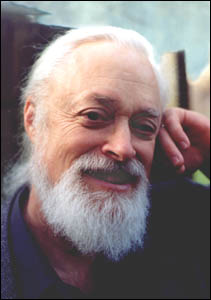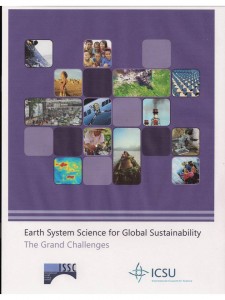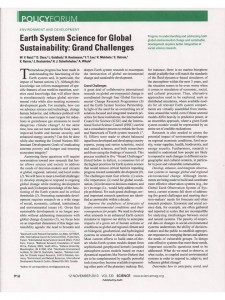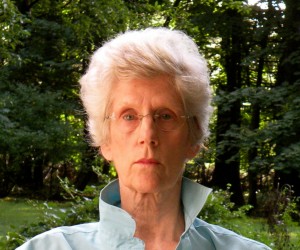
The New York Times November 17, 2010
A Business Creator Sees Big Returns From Social Media
By DARREN DAHL
Asked to name the world’s wealthiest entrepreneurs, few people would think of Eric Lefkofsky, who is 40 and keeps a deliberately low profile in his hometown of Chicago. But Mr. Lefkofsky has an impressive entrepreneurial track record, one that recently led Forbes to estimate his wealth at $750 million.
The first business Mr. Lefkofsky started, StarBelly, made tools for building Web sites; he sold it in 2000 for $240 million. He then started two companies that have since gone public — InnerWorkings, which provides printing capabilities over the Web, and Echo Global Logistics, a transportation and logistics outsourcing business he founded with a law school friend, Brad Keywell. He also founded MediaBank, which helps companies buy advertising. In each case, Mr. Lefkofsky used the power of technology and the Internet to update an industry.
And then came Groupon, the social-coupon Web site that he bankrolled and started in 2008 with Andrew Mason — a venture that has been called the fastest-growing company ever. Groupon offers its followers a deal-of-the-day coupon, sponsored by a local business, that the followers are encouraged to share with their social networks. The local business gets customers, and Groupon takes a share of the coupon proceeds — a business model that has led to talk that Groupon, still privately owned, could be worth as much as $3 billion. More recently, Mr. Lefkofsky and Mr. Keywell started an investment fund with $100 million of their earnings. It’s called Lightbank, and it invests only in early-stage technology companies that are built around social media. The following is a condensed version of a recent conversation with Mr. Lefkofsky.








